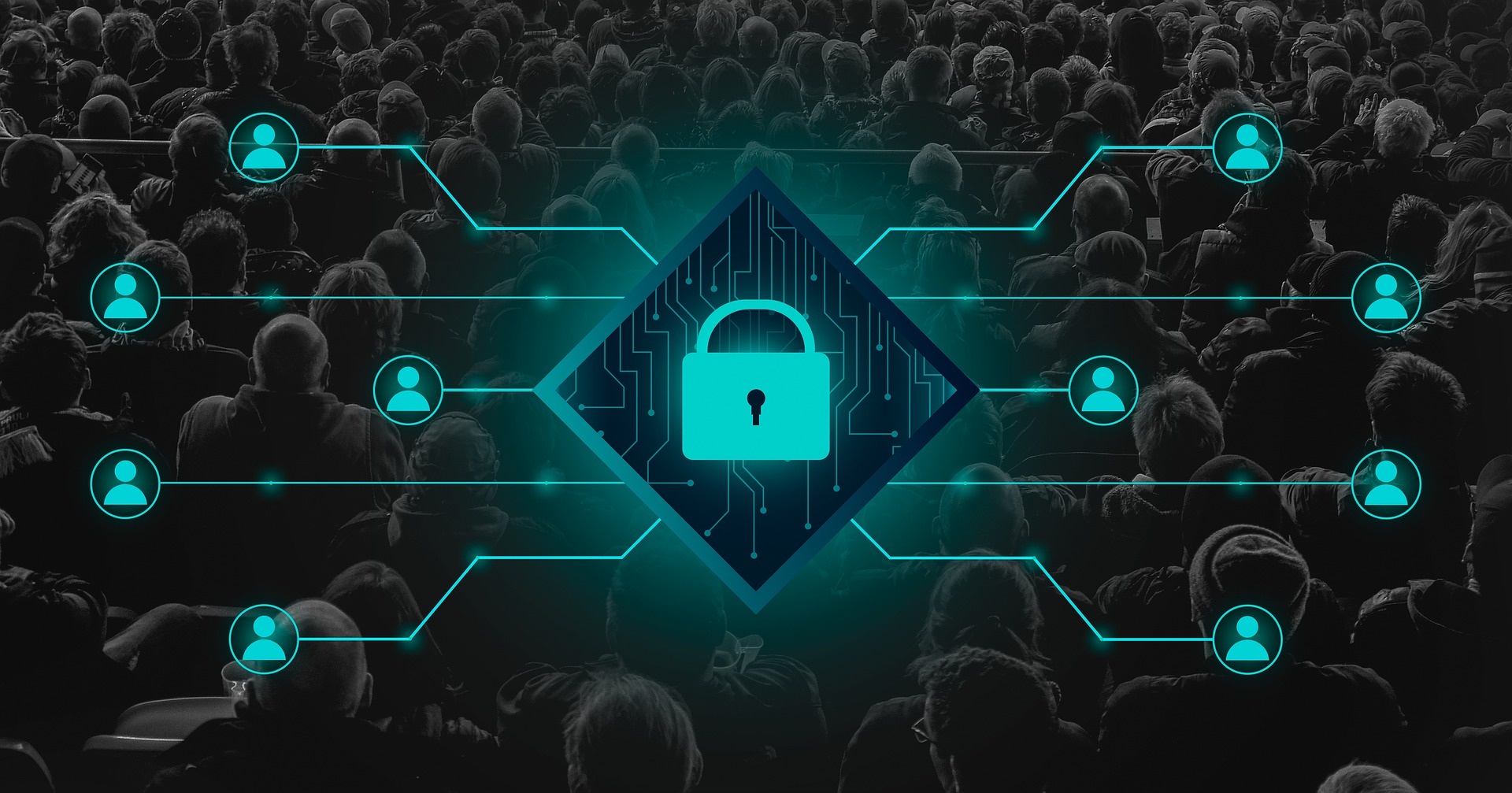Improve security and protect your privacy on Computer Security Day!
Computers have been part of our Daily lives for almost two decades, but a lot has changed since the beige boxes of the 2000’s: they have come off our desks and into our pockets in the form of smartphones, and have become more and more important in our work and our social lives. But our smartphones and computers now collect more data on us than ever before, and when their security is at risk, so is our privacy. This short guide will take you through some basic changes you can make to improve your security and privacy, both on your phone and your computer.
1. Get up to date
Outdated systems and applications are the easiest way for hackers to gain access to your system. The single most important thing you can do to keep your computers and phones secure is to keep them up to date. Below, you can find guides to updating various types of devices.
Updating the System
Updating Windows / Updating your Mac / Updating Android / Updating your iPhone or iPad
Updating your apps
On Windows PC’s and Macs, apps can be installed both manually by downloading them and through app stores. In most cases, apps are responsible for updating themselves. On Android and iOS, app updates are managed through the Play Store and App Store respectively.
Updating Android Apps / Updating iPhone or iPad apps
2. Uninstall unused apps
Devices often come with lots of apps pre-installed that we don’t use. You can free up space and improve your devices security by removing these apps.
If you’ve just bought a new Windows PC, we recommend using the Fresh Start feature, which will clear of all pre-installed applications, leaving you with a fresh state. You can also use this on a PC you have had for a while, but keep in mind that while it will preserve your files, it will remove all apps!
If you’ve had your PC for a while, you can remove individual apps you don’t use.
3. Browse better
The single most important app is your Browser: it’s the tool you use to browse the web and access social media on your device. It is also the app that makes you the most vulnerable: a security hole in your browser could put your system’s security at risk, and your browser itself has access to all the websites you visited and what you did on them.
Try Firefox
Consider switching to Firefox as your everyday browser: it is available on Android, iOS, Mac and Windows, it is fast, secure, non-commercial, respects your privacy, provides support for privacy-enhancing addons and has an excellent built in password manager. You can download it here.
Once you’ve installed it, you can follow our guide to improve your experience and protect your privacy in a few clicks:
Block adverts
Adverts are intrusive and often make the web confusing: we’ve all gone through the experience of trying to find the “real” download button among a field of fake adverts, or having an inappropriate ad suddenly pop up on your screen. On Firefox or Chrome, install the uBlock Origin addon to block adverts and pop-ups, and make websites load faster!
Automate GDPR consent
The GDPR has given us the freedom to prevent websites from tracking us, but it hasn’t made it easy: sometimes trying to reject cookies feels like going through an obstacle course: carefully unticking checkboxes and clicking the right buttons can be exhausting, and many people end up just clicking “Accept All”. Luckily, there is an addon for Firefox that lets you set your consent preferences, then tries to apply them automatically on sites you visit, doing the hard work for you! Install Consent-O-Matic to save yourself time and effort!
4. Secure your accounts
So much of our personal information is stored online, but every year tens of millions of accounts are hacked. We all struggle to remember our passwords and come up with good ones, and sometimes we use the same password for multiple sites. This makes it easier for hackers to gain access to all our accounts, so using different passwords is really important. Luckily, you won’t have to constantly think up new passwords, as there are easier solutions available!
Checking for compromised passwords
The first thing you should do, in any case, is check to see if any of your accounts have already been hacked without you knowing. Go to haveibeenpwned.com, grab a pen and paper, enter your email address then note down any accounts that have been hacked. Try to remember the passwords you set for these accounts, and if you have used them on other sites then note those sites down too: it’s safer to change them all!
Use a password manager
The next recommended step is to set up a password manager: This is a piece of software that safely stores all your passwords, and automatically fills in login forms for you! Firefox has an integrated password manager.
When signing up or changing your password on a website, Firefox will automatically offer to generate a secure password, and store it, meaning there is no need for you to remember it, and if that website gets hacked then your other accounts are safe!
5. What else you can do
Check out our articles on tools for privacy and digital resistance! I also recommend the website “privacy tools”.


